![]() — Home — Business News
— Home — Business News
Weekly Business News from Myanmar
-

CMP business import raw materials increased USD $ 39 million as of 13 March 2020 when compared to the same period of last fiscal year
Imports of raw materials by CMP businesses have been valued at US$1.028 billion between 1 October and 13 March in the 2019-2020 fiscal year, an increase of $39 million compared with the year-ago period, according to the Ministry of Commerce. The majority of the CMP enterprises import raw materials, mainly from China. These businesses have faced shortages of raw materials starting from February-end, owing to the current negative impact of the corona virus. At present, some CMP garment factories have shut down on the reason for the lack of raw materials due to the COVID-19 negative impacts, leaving thousands of workers unemployed. Even worse, some foreign entrepreneurs are also running away from their businesses. Those factories without official notification of closure will be inspected by a ground field inspection team. And, the factory operators can face legal actions under the Myanmar Investment Law (MIL) if they fail to comply with notification requirements for the closure of factories, said U Thant Sin Lwin, director-general of the Directorate of Investment and Company Administration (DICA). -
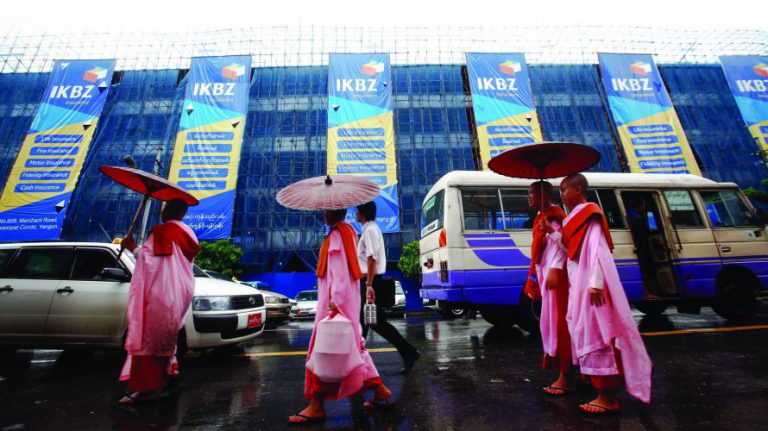
Insurance Business Regulatory Board approved a raft of new insurance products
The Insurance Business Regulatory Board under the Ministry of Planning, Finance and Industry announced in the first week of March its decision to approve a raft of new insurance products. Insurers need approval from the Board before they can market new insurance products or redesign existing ones. New products must be in the scope of life or general insurance, according to an official from the Board. Insurance companies can propose one insurance product at a time; they must secure approval for their proposed product before proceeding with another proposal. There are now 14 insurance products in the market provided by 11 local firms. -
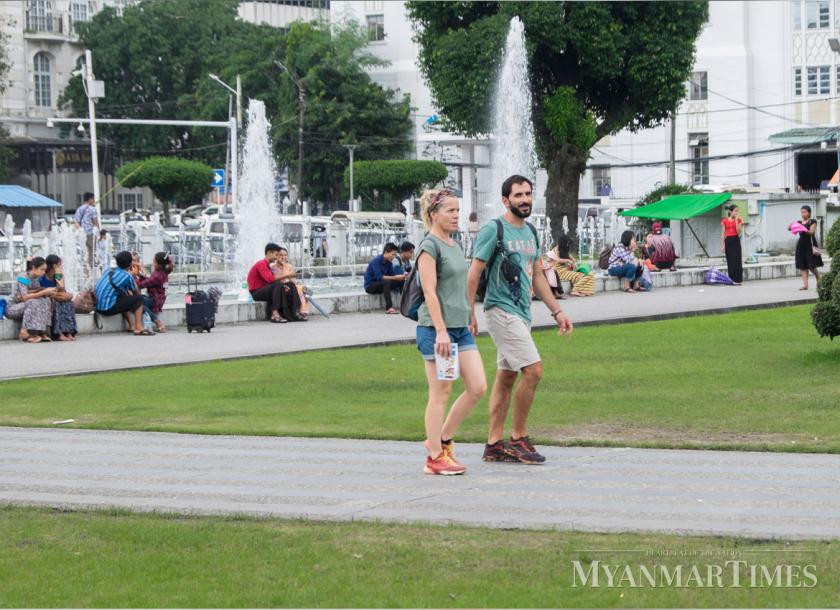
Myanmar tourism industry seeks financial assist from Myanmar Government in order to help overcome the impact of the coronavirus pandemic
The Myanmar Tourism Entrepreneurs Association says it is seeking a K50 billion loan from the government in order to help overcome the impact of the coronavirus pandemic on the tourism sector in Myanmar. Tourism companies have seen their revenues severely hit since the virus was first reported in late December, the association says. U Naung Naung Han, chair of the Myanmar Tourism Entrepreneurs Association, said that he estimates the severe drop in visitor numbers due to the pandemic could last as long as six months up to a year. Such a prolonged loss of business would have severe impacts on the associations’ members ability to pay their employees, he added. U Naung Naung Han said that there are some 1100 companies involved in local tourism and the loan would be used to help the companies pay salaries and keep workers employed during the slowdown. -
Myanmar temporarily suspended all land borders to foreigners as a preventive measure against the coronavirus
Myanmar’s Ministry of Foreign Affairs announced on Wednesday the closure of all border checkpoints to foreign tourists as a preventative measure against the coronavirus. It said it had “temporarily suspended the entry of foreign nationals through any border checkpoint” until further notice. The Indian border at Moreh-Tamu and Zokhawtar-Rikhawdar was already closed earlier this month. The border checkpoints with China in Kachin State and northern Shan State and those with Thailand and Laos will now close. -
Central Bank of Myanmar (CBM) reduced its interest rate which is a move to spur economic growth
The Central Bank of Myanmar has announced a 0.5 percent reduction to interest rates, in what the bank says is a move to spur economic growth. But bankers and businesses have said that the move doesn’t go far enough to help the country’s declining economy. The bank announced on Thursday that it will reduce its interest rate from 10 percent to 9.5 percent, effective April 1. According to the directive, the minimum bank deposit rate will be lowered from 8 percent to 7.5 percent, while the maximum lending rate will be lowered from 13 to 12.5 percent for collateralized loans and from 16 to 15.5 percent for non-collateralized loans. Bankers and economists have generally welcomed the move but said the adjustment is unlikely to help improve the declining economy. -
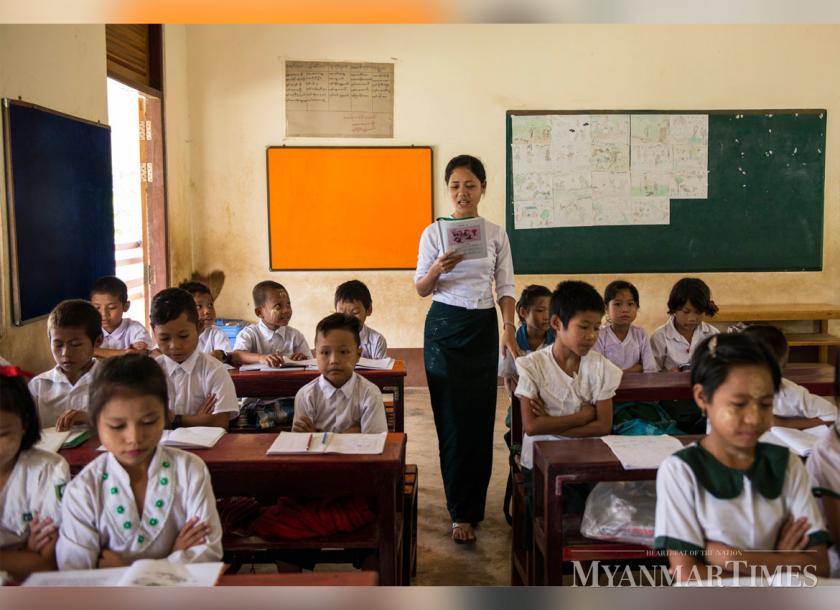
International Development Association (IDA) which is a part of the World Bank loan USD $ 100 million to promote basic education sector in Myanmar
The International Development Association (IDA), which is a part of the World Bank, will lend US$100million (K140.1 trillion to Myanmar to promote the basic education sector, the World Bank announced on March 3. According to the World Bank, Myanmar will use the funding for a plan to promote inclusive access to quality education over four years. Some 70 percent of the project will prioritise improving schools and teacher training in conflict-affected areas and remote townships. The loan will go the Ministry of Education while the World Bank will provide technical support for the project said World Bank’s Myanmar communications officer U Kyaw Soe Lynn. According to the bank, many people across the country have difficulty accessing quality education, and the gap between regions is large. The World Bank found that one-third of school-aged children lack sufficient reading ability as well as the ability to solve the mathematical problems designed for their age. -
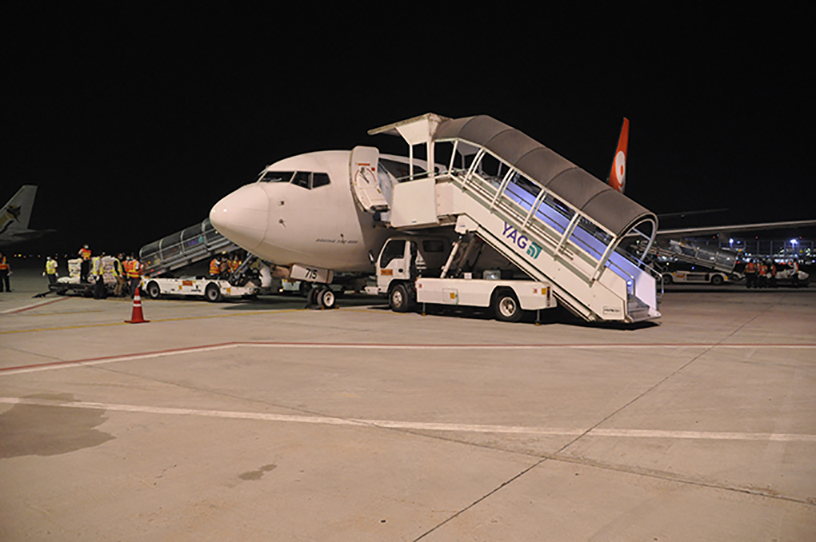
The Stakeholders in Myanmar are trying hard to get sufficient supply of raw materials amid Covid – 19
Negative impacts of Covid-19 hit harder the businesses relying on imported raw materials, said U Thant Sin Lwin, director-general of the Directorate of Investment and Company Administration. “There are more impacts on businesses, which are based on raw materials. Some can run the operation to a certain extent for they do not use raw materials. Some may close down their factories due to insufficient supply of raw materials,” said U Thant Sin Lwin. Myanmar’s economies are relatively affected in the wake of the Covid-19 crisis, he added. “The labour-intensive enterprises will be badly battered by the Covid-19. Some jobs with a small labour force may endure the situation. This is the Covid-19 impact in regard to labour force”, U Thant Sin Lwin added. -
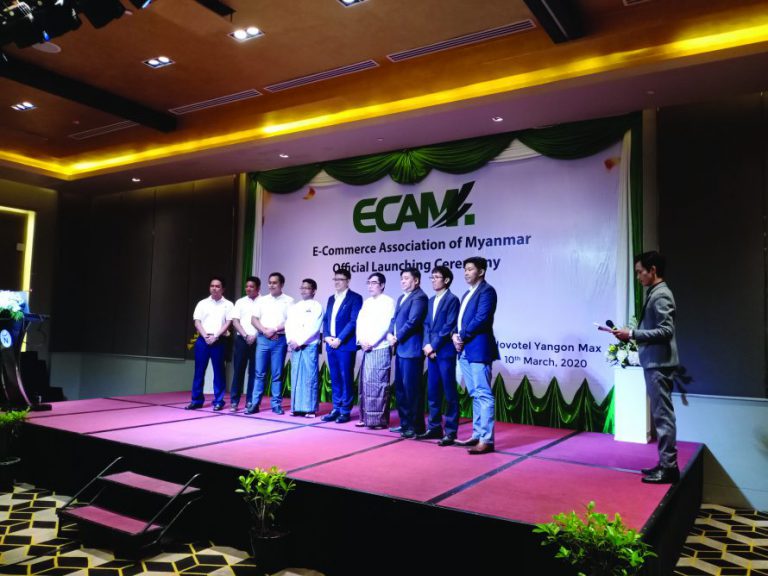
The E-Commerce Association of Myanmar (ECAM) was formed aiming to support industry
The E-Commerce Association of Myanmar (ECAM), officially launched on March 10 at Novotel Hotel, Yangon, aims to offer opportunities and protections to local e-commerce businesses and customers and assist the country in adopting strong and precise policies and regulations for the industry. “ECAM aims to address the difficulties, problems and issues faced by the e-commerce businesses and customers on their behalf,” association president U Aye Chan said. Industry stakeholders in March 2019 started organizing online shops, e-commerce groups and individuals with the purpose of forming an association. -
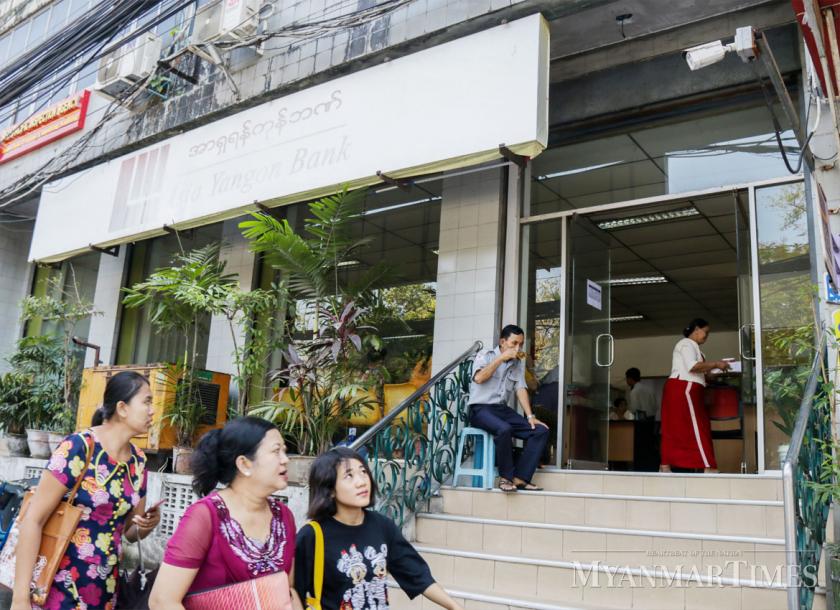
The Central Bank of Myanmar (CBM) revoked the banking licence of locally incorporated Asia Yangon Bank Ltd (AYB)
The Central Bank of Myanmar announced on Monday announced that it is revoking the banking licence of locally incorporated Asia Yangon Bank Ltd (AYB). The central said in its announcement that the revocation is for “breaching the country’s existing laws” but did not provide any further details on the matter. Since the announcement, the central bank has taken over management of AYB and made arrangements to allow customers who wish to do so to withdraw money their money during normal banking hours. Attempts to contact central bank officials for clarification on the matter have been unsuccessful as of press time Tuesday. -
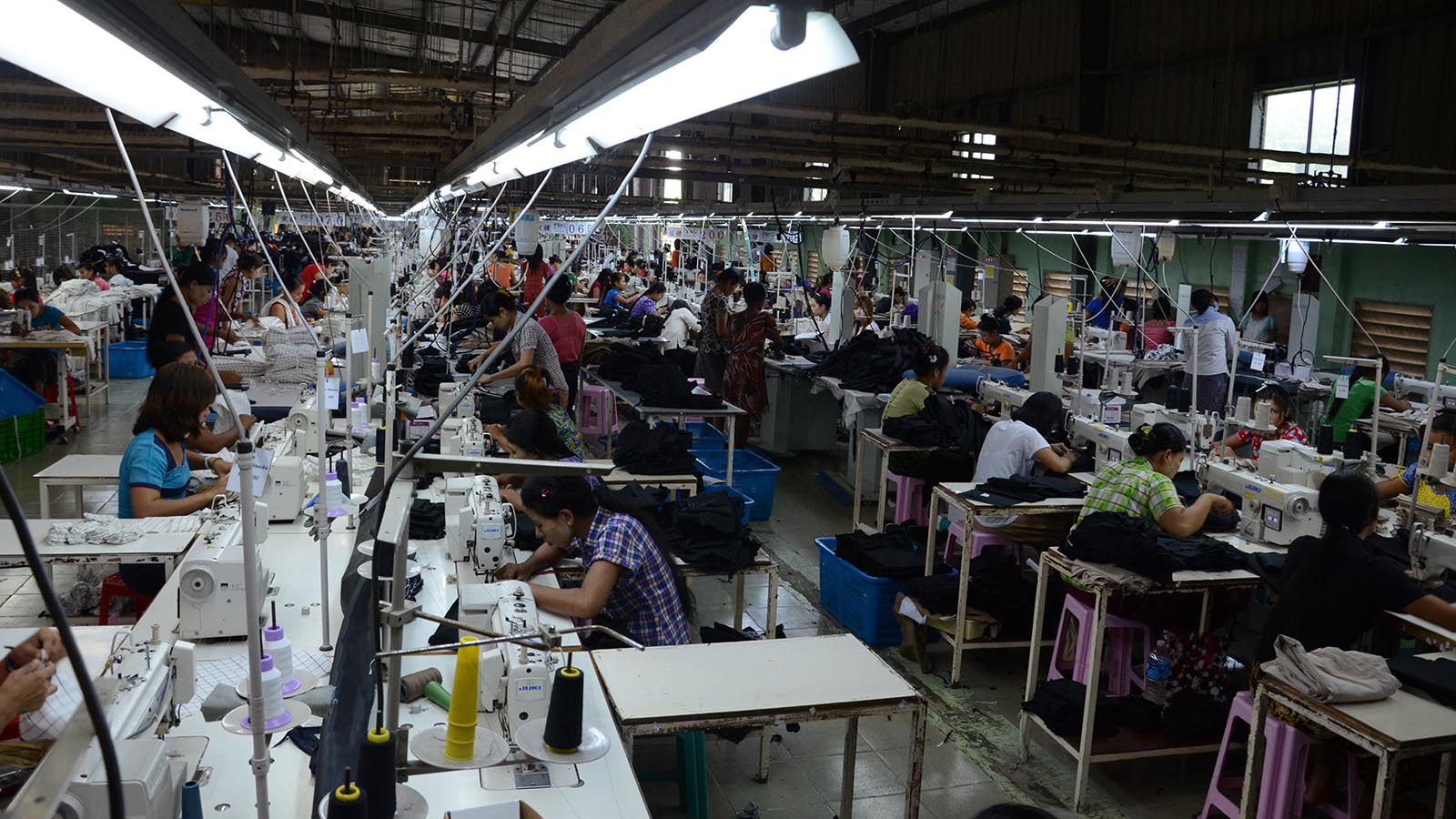
The factory operators can face legal actions unless complied with Myanmar Investment Law (MIL)
The factory operators can face legal actions under the Myanmar Investment Law (MIL) if they fail to comply with notification requirements for the closure of factories, said U Thant Sin Lwin, director-general of the Directorate of Investment and Company Administration (DICA). At present, some CMP garment factories have shut down on the reason for the lack of raw materials due to the COVID-19 negative impacts. Even worse, some foreign entrepreneurs are also running away from their businesses. “The factory operators can be taken legal actions under MIL if they do not officially notify the DICA of the closure. They will face such actions as a first warning, suspending and revoking their business licences though there is no prison sentence according to the MIL. Yet, the investors will be taken actions under the investment law,” said U Thant Sin Lwin. No one faces legal actions under the MIL so far.
Business News
Copyright © 2014 Business Information Center All Rights Reserved.







